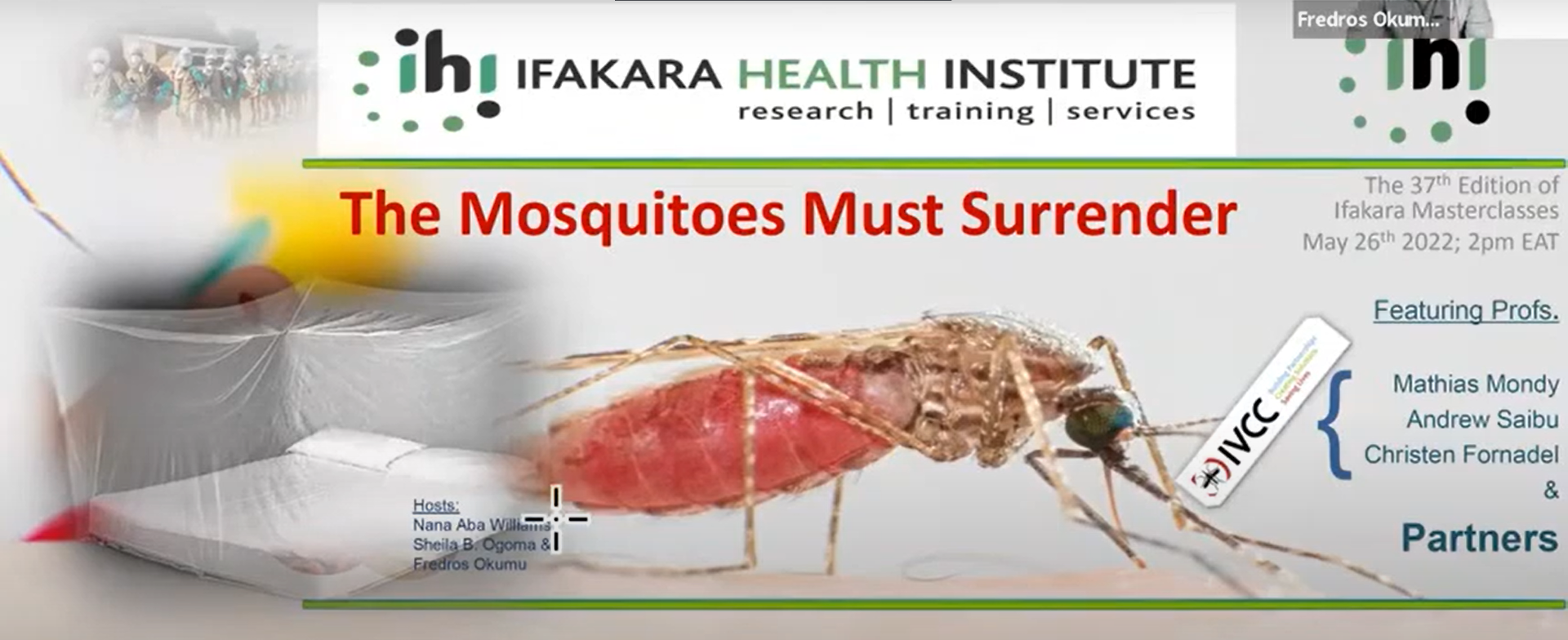Last Updated: 29/09/2025
Ecological and genetic drivers of persistent Plasmodium transmission by Anopheles funestus, a major malaria vector in Kenya
Objectives
To elucidate the underlying biological and ecological drivers influencing the vectorial role of An. funestus in persistent malaria transmission and impact of insecticide-based interventions.
International centre for Insect Physiology and Ecology (ICIPE), Kenya
Malaria remains a major human burden in Africa despite the scale-up of control interventions. Factors driving the persistent transmission remain poorly characterised. In Kenya, the mosquito Anopheles funestus has gained prominence in malaria transmission, and it has been documented that the genetic subdivision in the species locally with varied Plasmodium infection rates. Potentially, the discrete populations possess unique genetic variants conferring fitness advantage coupled with greater transmission role in specific ecologies. Moreover, the populations may present different adaptation to insecticide-based control interventions such as LLINs impacting local malaria epidemiology and control outcome. The proposed 5-year project will address these knowledge gaps by elucidating the underlying biological and ecological drivers influencing the vectorial role of An. funestus in persistent malaria transmission and impact of insecticide-based interventions. Field-based evidence will be generated to inform decisions on how to overcome major barriers in malaria control towards elimination.
Article: Outdoor malaria vector species profile in dryland ecosystems of KenyaArticle: Genomic diversity of the African malaria vector Anopheles funestus
Sep 2021 — Aug 2026
$889,000

